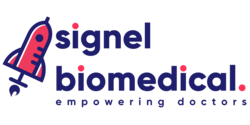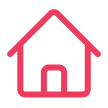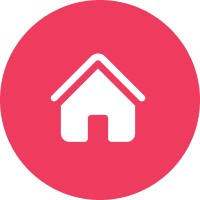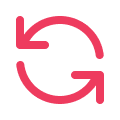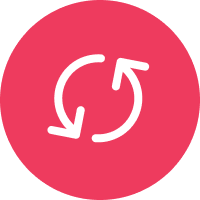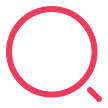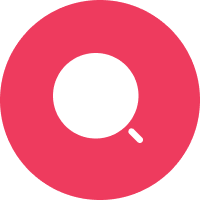Remote Patient Monitoring: Enhancing Care from Afar
Remote patient monitoring (RPM) refers to the use of technology to monitor patients' health remotely, outside of traditional healthcare settings. It involves the collection, transmission, and analysis of patients' health data, enabling healthcare providers to deliver personalized care and intervene proactively when necessary. RPM has proven particularly beneficial for patients with chronic diseases who require ongoing monitoring and management.
The Rise of Home Healthcare in India
In India, the concept of home healthcare has gained significant traction due to various factors such as an ageing population, increasing chronic disease burden, and the need for cost-effective care options. Home healthcare allows patients to receive medical attention in the comfort of their own homes, reducing hospital readmissions and improving overall patient satisfaction.
The Role of Medical Devices in Home Healthcare
Medical devices play a crucial role in enabling remote patient monitoring and home healthcare services. These devices, such as wearable devices, health monitoring devices, and IoT medical devices, collect real-time health data and transmit it to healthcare providers. This data helps clinicians monitor patients' vital signs, track disease progression, and make informed treatment decisions. Medical devices also empower patients to actively participate in their care and engage in self-management.
Advantages of Remote Patient Monitoring in Home Healthcare
Remote patient monitoring combined with medical devices offers several advantages for patients and healthcare providers in the context of home healthcare. It facilitates early detection of health issues, reduces the frequency of hospital visits, and minimizes the risk of complications. RPM also enables personalized care plans, promotes patient engagement, and improves overall health outcomes. Moreover, it helps healthcare providers allocate their resources efficiently, ensuring that patients receive timely interventions when needed.
Challenges and Future Implications
While remote patient monitoring and medical devices have shown immense potential, several challenges need to be addressed for their widespread adoption in India. These include issues related to data privacy and security, infrastructure limitations, and the need for regulatory frameworks to govern the use of medical devices. As technology continues to advance, the future implications of remote patient monitoring in home healthcare are promising, with possibilities for enhanced connectivity, telehealthcare solutions, and improved patient-centred care.
Remote patient monitoring, coupled with the integration of medical devices, has significantly impacted home healthcare in India. This transformative approach enables patients to receive high-quality care in the comfort of their homes while empowering healthcare providers with real-time health data for effective decision-making.
As India embraces digital health technologies and expands its healthcare infrastructure, the future of remote patient monitoring holds immense potential for delivering patient-centred care, improving health outcomes, and transforming the healthcare landscape in the country.
